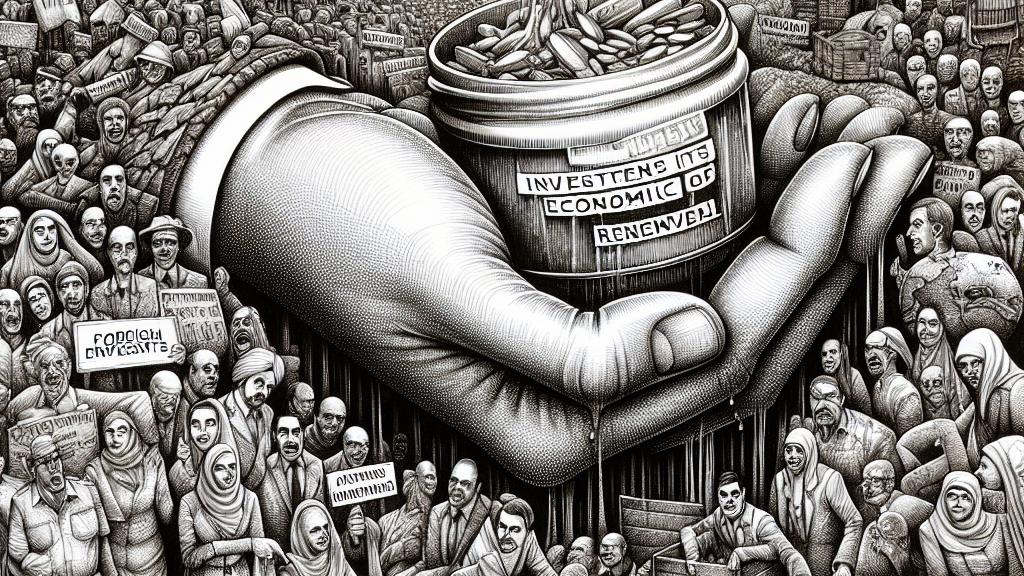Syria Opens Up for Foreign Investment Opportunities
Overview
- Syria's Foreign Minister announces an historic opening of the economy for foreign investment.
- Energy partnerships with Gulf states promise to revitalize infrastructure and services.
- Ending international sanctions is essential for unleashing Syria's economic potential.

A Pivotal Announcement at Davos
During a pivotal moment at the prestigious World Economic Forum in Davos, Syria's Foreign Minister, Asaad Hassan al-Shibani, boldly declared that Syria is ready to open its doors to foreign investment. This announcement isn't just about economic policy; it's a declaration of hope for a war-torn nation desperately seeking recovery. From 2010 to 2020, Syria's economy suffered an astronomical shrinkage of more than 50%. By embracing foreign investments across various sectors—such as tourism, agriculture, and manufacturing—Syria stands on the brink of a transformative journey toward economic renewal.
Energizing the Future with Gulf Cooperation
In an inspiring step towards recovery, Syria is forming exciting energy partnerships with Gulf states. Qatar's commitment to supplying an initial 200 megawatts of electricity, with plans for a gradual increase, can significantly impact the country’s power grid. Imagine thriving businesses that rely on steady electricity boosting local economies! These partnerships are crucial not only for rebuilding battered infrastructure but also for inspiring confidence among potential investors who are looking for stability and promising opportunities. The ripple effects of reliable energy could lead to a rebirth of jobs and services for ordinary Syrians, underscoring the importance of such alliances.
The Urgency of Lifting Sanctions
However, despite these encouraging developments, the shadow of international sanctions looms large over Syria's prospects. Mr. Shibani and UN envoy Geir Pedersen have continually called for the removal of these sanctions, necessary to break the cycle of despair that affects millions. Shockingly, reports indicate that around 82% of the Syrian population lives below the poverty line—a sobering reality that demands urgent attention. Consider what lifting these sanctions could unlock: a wave of foreign investment could lead to new industries, expanded healthcare, and improved education. It’s not merely a financial issue; it’s a chance to restore dignity and hope for a bright future for the Syrian people.

Loading...